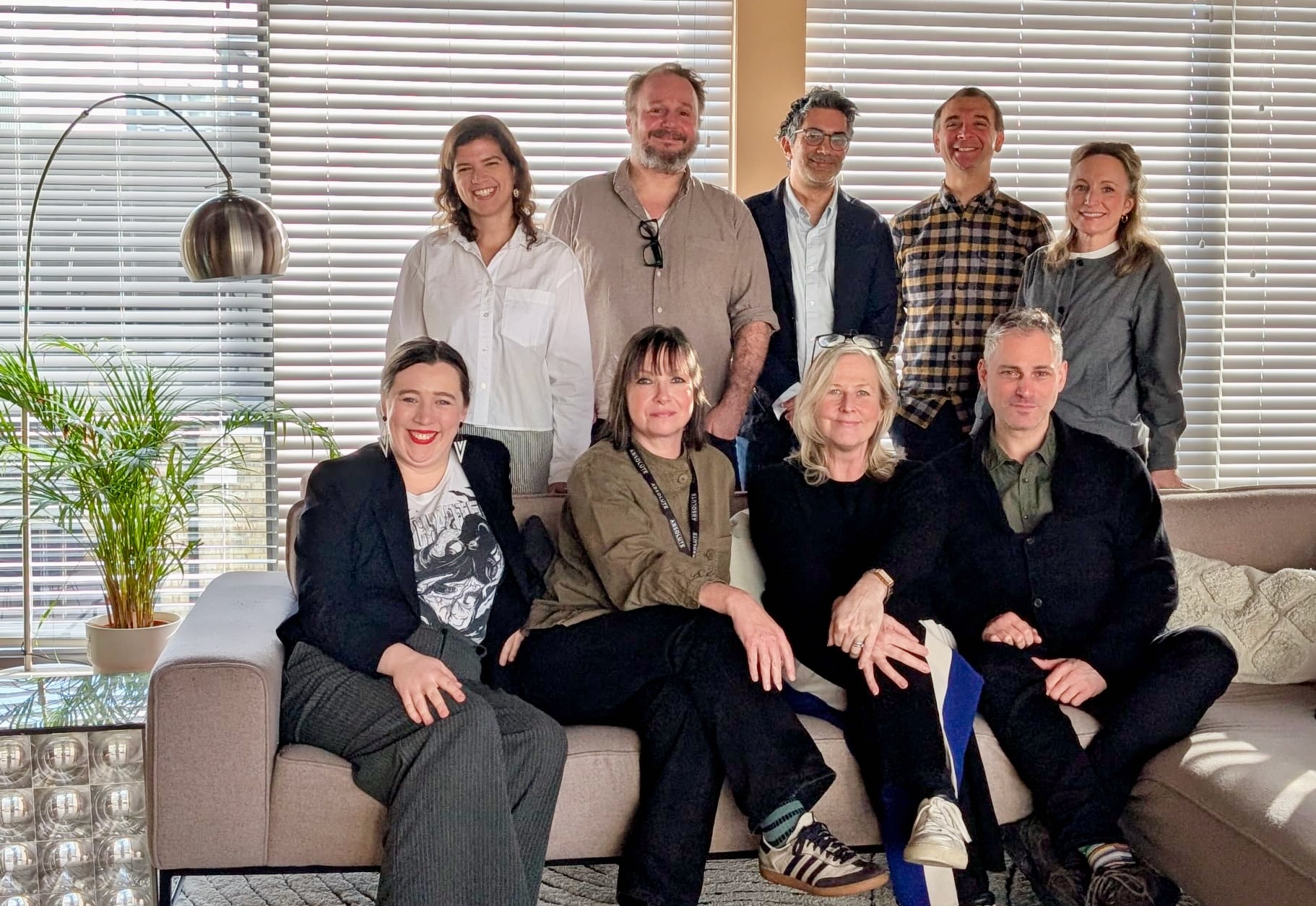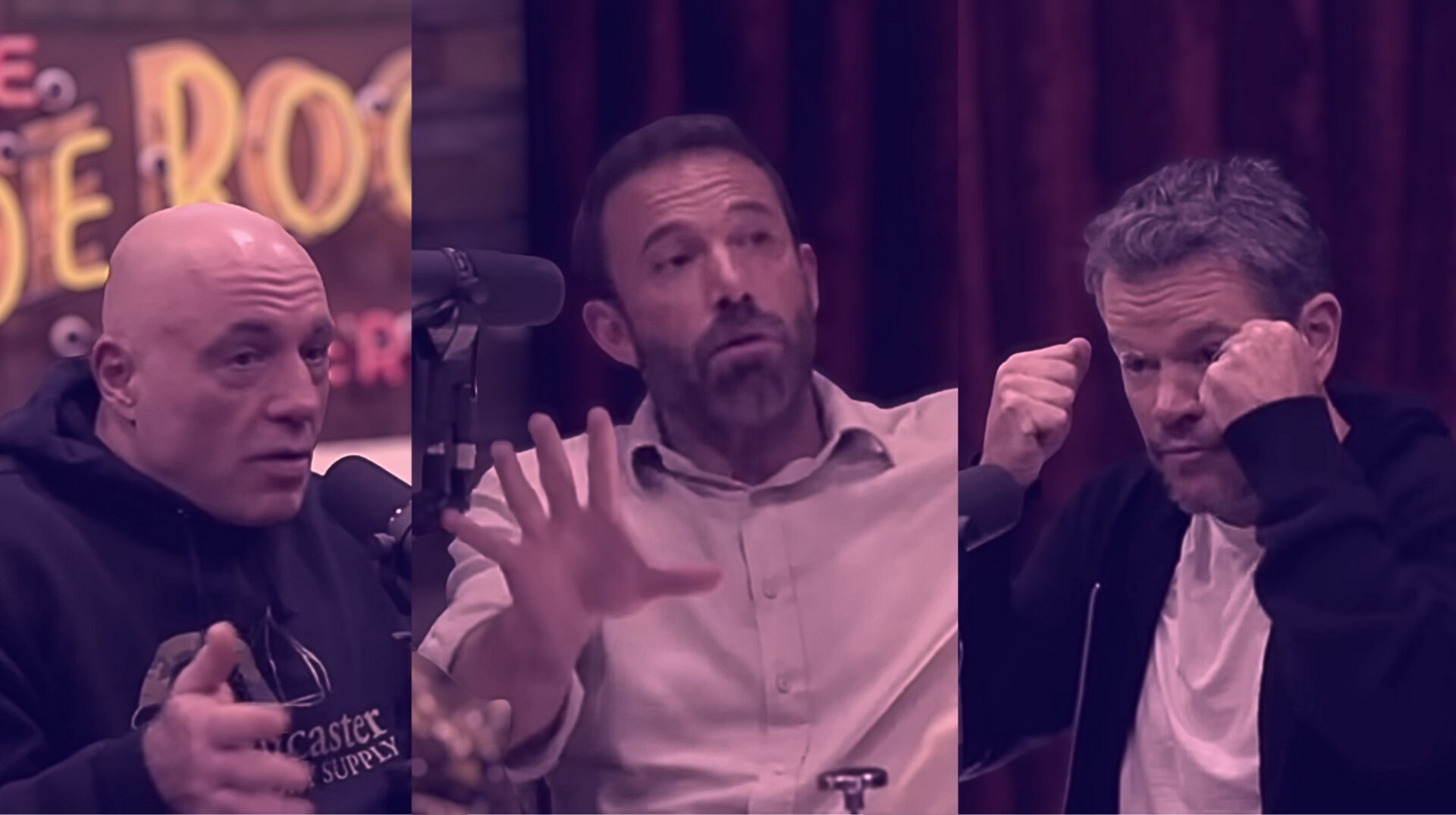Over the last year, the UK government has held an open consultation about how to reform copyright law in the new era of creative and generative AI. It is a complex topic that continues to drive a rift between creative and technical industries. As a business at the heart of the creative industry, but with a tech & AI focus, we felt a responsibility to put together a comprehensive set of views and recommendations to support this consultation.
CREATIVE AND TECH INDUSTRIES MUST COME TOGETHER
At AIMICI our role is to bring creatives and technology closer together, with the intention to help make more creative productions happen through creative innovation. We have a deep understanding of AI technologies, and the benefits they can bring. But also we are driven by a commitment to creativity and to creative people. These are our beliefs:
- We believe in AI innovation, but not at the expense of human creativity & livelihoods.
- We believe that AI should be made and used in service of hard-working creative people, not at their expense.
- We believe that we can build a world where creatives and AI tools coexist and thrive together.
Specifically on the copyright issue;
- We believe in accessible innovation, where technologists and creatives alike should be able to build and use AI models, without fear or confusion.
- BUT the system does need to be designed in such a way that “stealing” other people’s work, without approval, compensation or traceability, is not accepted.
REFORMING THE SYSTEM – COPYRIGHT AND BEYOND
Here’s 4 key points from our response:
- Copyright in its current form should only ever be attributed to a human. This helps to protect any creative’s rights, whether they are using AI or not.
- The way copyright disputes are handled needs reform. We suggest creating a new service to support this, enabling creatives to manage how and where their work is used, and claim payments as needed.
- Transparency needs to improve at all levels of the supply chain, from how AIs are built and trained, to how those tools are ultimately used in the creative production pipeline.
- Education for creatives is a top priority, helping to keep everyone informed, protected, and confident enough to continue creating in their own unique ways.
Read the full consultation to find out more about how we hope to achieve these aims.
A POSITIVE VISION FOR BOTH INDUSTRIES
These changes will enable creatives in the UK to better own and commercialize their creative content, alongside building the skills, insight and capacity to use responsibly-made AI tools to achieve their creative vision. Through this transparency and education, we can improve understanding and reduce the fear around use of AI for creative means, moving on from the “Any AI is bad” binary mindset that is currently dominating conversations.
For AI toolmakers, requirements and responsibilities are much clearer, and the doors remain open to provide innovative tools for creatives in the UK, without the fear and controversy that surrounds their business today.
But ultimately, these two groups are not exclusive to each other. So many creatives are natural innovators, wanting to use new ways to tell their story and share their vision in the most authentic way. These new protections should empower creatives to enter this new technological chapter with confidence, safely build and use the AI tools that they want and need, and to continue to tell original human stories for generations to come.
Björn Ulvaeus from ABBA puts it best in his quote from the Make It Fair campaign:
‘There is no way we can or should stand against AI. I am using AI models myself, and these are wonderful tools that can enhance creativity. But this progress must never come at the expense of creators’ rights. This is not just an ethical issue: it’s economic good sense because the whole concept of copyright has immense impact on culture, jobs and the economy. We can’t let that be watered down by poor regulation of AI.’



